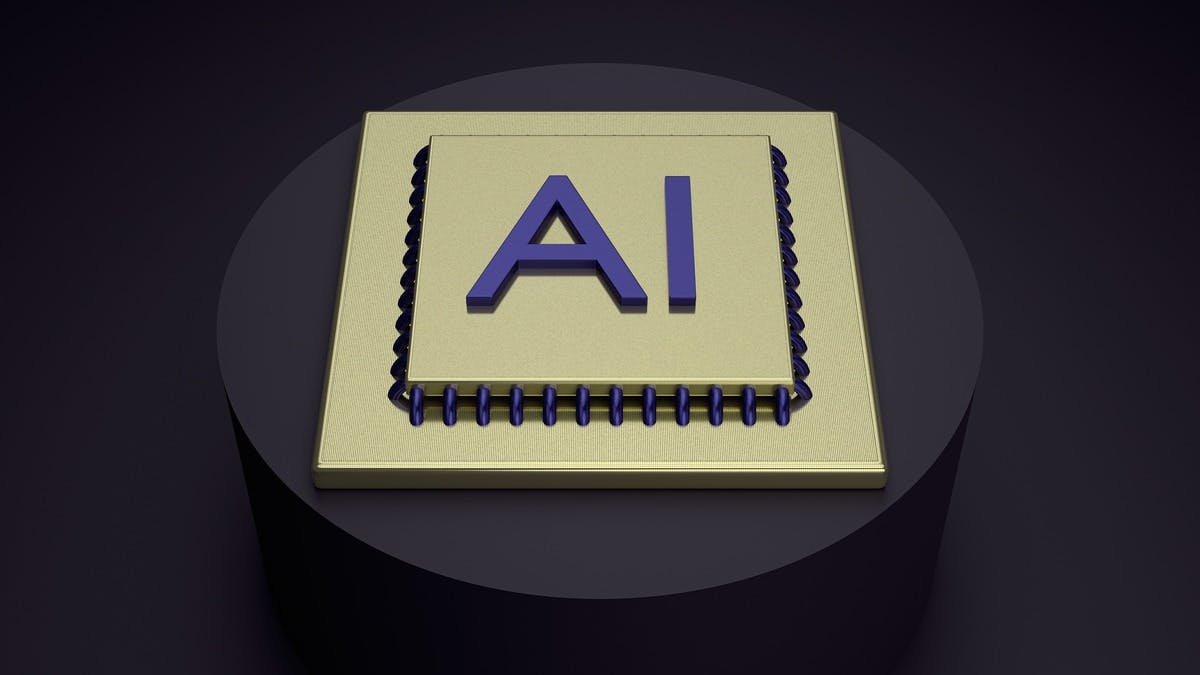Visa has introduced a $100 million venture fund aimed squarely at nurturing startups in the burgeoning field of generative artificial intelligence (GenAI).
As a global payments leader, Visa is fully dedicated to providing robust financial backing to firms devoted to pushing the boundaries of GenAI technologies. According to David Rolf, Head of Visa Ventures at Visa, this strategic move acknowledges the profound potential of generative AI as a groundbreaking technology.
Rolf expressed his enthusiasm, asserting, “Recognizing generative AI’s potential as one of the most transformative technologies of our era, we’re thrilled to broaden our investment focus to encompass some of the most disruptive startups in the generative AI, commerce, and payments realms.”
This substantial fund will be overseen by Visa Ventures, the corporate investment arm of Visa with a commendable 16-year track record of actively investing in and collaborating with enterprises within the payments and commerce sectors. GenAI technology, at its core, harnesses advanced computer models to craft text, images, or diverse content by tapping into extensive pre-existing data, responding to prompts with precision.
Visa’s infusion of $100 million capital will be channeled towards companies that are diligently crafting generative AI technologies and applications poised to reshape the landscape of commerce and payments. Jack Forestell, Chief Product and Strategy Officer at Visa, underlined the transformative potential of generative AI. He pointed out, “Although generative AI has primarily focused on tasks and content creation thus far, this technology is poised to not only revolutionize our lifestyles and workplaces but also significantly transform the commerce landscape, necessitating our comprehension.”
David Rolf, Head of Visa Ventures, offered insights into their investment approach, emphasizing their flexibility concerning the number of investments and the scale of financial support. Rolf elaborated that, given the early stage of the industry, they anticipate a range of smaller investments.
“With generative AI’s potential to be one of the most transformative technologies of our time, we are excited to expand our focus to invest in some of the most innovative and disruptive venture-backed startups building across generative AI, commerce and payments,” said David.
Projected $1.3 trillion growth
In a recent analysis by Bloomberg Intelligence (BI), the generative AI market is poised for remarkable expansion, with projections soaring to an astonishing $1.3 trillion over the next ten years. This monumental surge marks a significant leap from its modest $40 billion market size in 2022, with BI’s research forecasting a robust compound annual growth rate (CAGR) of 42%.
The dynamics propelling this exponential growth are expected to evolve gradually. In the short term, the primary emphasis will be on strengthening training infrastructure. In the medium to long term, the focus will shift towards customized inference devices designed for large language models (LLMs), digital advertising, specialized software, and a wide array of services.
The escalating demand for generative AI products is anticipated to inject approximately $280 billion of fresh revenue into the software sector. This upsurge will be driven by the proliferation of specialized assistants, innovative infrastructure products, and the acceleration of coding through copilot programs. Prominent tech giants including Amazon WebServices, Microsoft, Google, and Nvidia are poised to be the principal beneficiaries of this transformation, particularly as more businesses migrate their workloads to the public cloud.
BI’s estimates underscore the sweeping impact of generative AI, as it is projected to grow from contributing less than 1% of total expenditure in IT hardware, software services, advertising, and gaming markets to a substantial 10% share by 2032. Key drivers of this incremental revenue will encompass generative AI infrastructure as a service, projected to reach $247 billion by 2032, primarily catering to the training of LLMs. Closely following is the digital advertising sector, expected to generate $192 billion, along with specialized generative AI assistant software contributing $89 billion.
In the hardware sector, revenue growth will be buoyed by AI servers ($132 billion), AI storage solutions ($93 billion), computer vision AI products ($61 billion), and conversational AI devices ($108 billion). As generative AI continues its transformative journey across industries, its profound influence on the technology landscape is poised to be both sweeping and highly lucrative.
Keep up to date with our stories on LinkedIn, Twitter, Facebook and Instagram.

